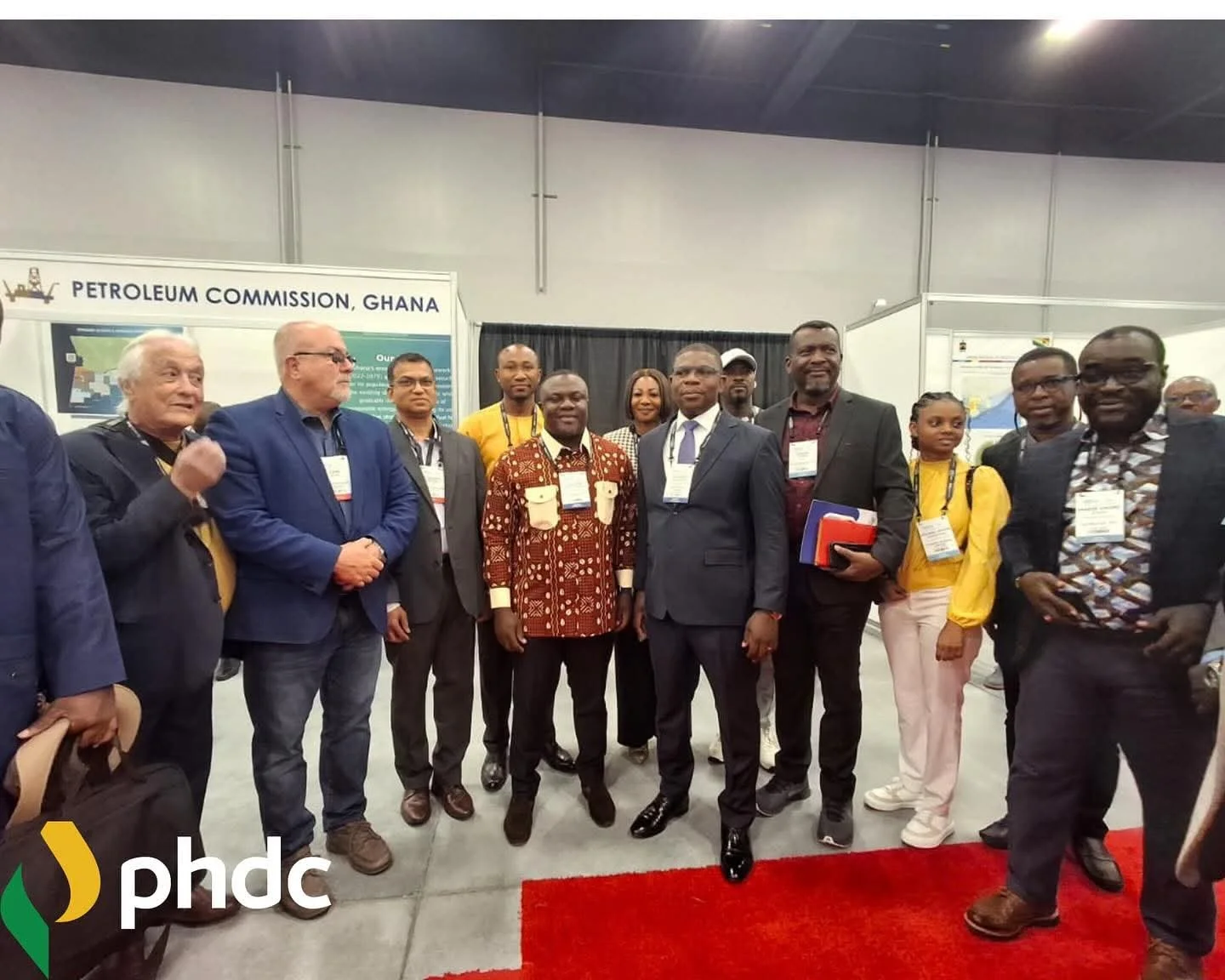Ghana Showcases Petroleum Hub Vision at Calgary Global Energy Show
Deputy Minister Gyan-Mensah Champions African Integration, Canadian Investment, and a New Energy Future
At a high-level roundtable during the Global Energy Show in Calgary, Canada, Ghana’s Deputy Minister for Energy and Green Transition, Richard Gyan-Mensah, delivered a strategic message to international investors: Ghana’s landmark Petroleum Hub Project is open for global partnership, and the time to get involved is now.
Addressing a diverse audience of policymakers, investors, and energy executives, Gyan-Mensah described the project as central to Ghana’s ambition to build a diversified and resilient energy economy. His remarks emphasized Africa’s evolving role in shaping its own energy destiny and the importance of partnerships that add value on the continent.
“We are starting something new in Ghana - the Petroleum Hub,” he said. “Africa can generate oil, but it doesn't have a single system that integrates refining, petrochemical processing, and shipping. The goal of this center is to fill that strategic gap.”
The Petroleum Hub is envisioned as a multi-billion-dollar energy industrial zone in Ghana’s Jomoro District, located in the Western Region. It will host an integrated suite of infrastructure - including refineries, tank farms, petrochemical plants, jetties, fertilizer manufacturing sites, and gas processing units. Total investment is projected to exceed $60 billion, positioning the hub not just as a Ghanaian asset, but as a continental anchor for energy industrialization.
According to Gyan-Mensah, the initiative reflects Ghana’s broader efforts to transition its energy landscape and reduce overreliance on imported refined products. “The project is an important aspect of Ghana’s aim to get electricity from more than one source,” he explained, adding that the hub “might help the West African nation, and the rest of Africa, become strong competitors in the global petroleum processing and logistics business.”
He invited Canadian investors to explore participation, noting that the project offers long-term financial potential and aligns with efforts to localize value addition. “Canadian companies have a great chance here,” he said. “The Petroleum Hub is more than just a project to build infrastructure; it's a plan for job creation, energy independence, and regional integration.”
He further argued that rather than exporting raw hydrocarbons to industrialized countries and importing finished petroleum products, Africa should develop the capacity to process its own resources. He suggested that Canada could assist construct the infrastructure required to process and add value to Africa's hydrocarbons locally, instead of sending crude oil to Canada and bringing completed items back.
In reinforcing the strength of Ghana’s investment climate, Gyan-Mensah emphasized the country’s openness, regulatory transparency, and sustainability focus. “This partnership has to be more than just business deals. It should help the economy grow and keep the environment safe at the same time,” he said. “Canada and Ghana can work together to make the energy future cleaner and stronger.”
The Deputy Minister’s remarks align with Ghana’s broader energy transition strategy - one that embraces both the responsible development of fossil fuels and a deliberate expansion of renewable energy sources and green technologies.
Gyan-Mensah concluded by encouraging stakeholders from both countries to deepen collaboration through joint ventures, technical cooperation, and cross-border investments anchored in innovation, knowledge transfer, and mutual benefit.

